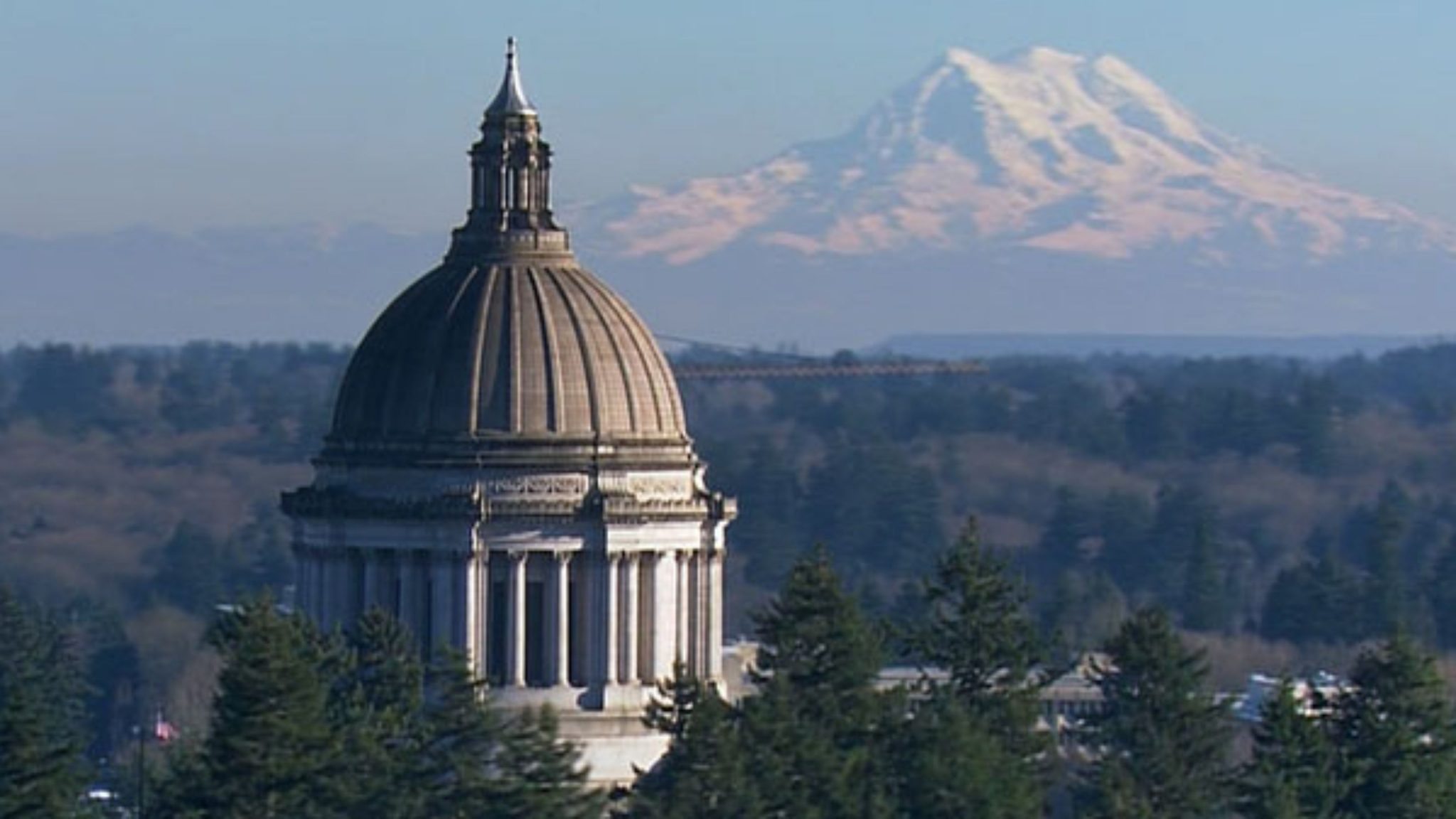After one 105-day regular session, and now two special sessions, Jay Inslee and state House Democrats have finally accepted reality and agreed to take their capital gains income tax proposal off the budget table. Their decision is just in time to, hopefully, avoid a state government shutdown next week.
However, given the theatrics that have defined the budget negotiation process so far, given the waste of taxpayers’ time and dollars, it is prudent to ask: Why did it take so long?
Inevitably, all answers to that question leads to Inslee, House Democrats and their ridiculous tax-and-spend demands. Here are six times Inslee and/or his fellow Democrats have impeded the budget negotiation process.
- When, long before the 2015 legislative session even began,Inslee sent a clear message via emails to his supporters based on one theme: partisanship.
On November 19, 2014, Inslee sent an email to supporters that opened with a statement foreshadowing how our green governor would approach the upcoming session. The email read, “My Democratic colleagues and I have a very long to-do list for the next legislative session.” In that email, Jay Inslee showed that he never intended to complete the people’s business in a timely manner through a bi-partisan effort. For Inslee, it was – and remains – about achieving a specific partisan agenda, with no regard for Washington taxpayers.
Inslee never intended to promote bi-partisanship. He made that clear two months before the start of the legislative session.
- When Inslee proposed a $39 billion budget complete with $1.5 billion in new taxes, including a cap-and-tax scheme.
Inslee set the extreme partisan tone of his budget debate in December, when he proposed an unsustainable budget that included tax increases he knew would not possibly pass out of the state Legislature. Inslee’s budget failed to meet Washington State’s four-year balanced budget statute, even though he proposed historic tax increases.
Inslee’s budget also failed to abide by the state’s spending limit. That meant that in order to pass his huge spending plan, Inslee needed the Legislature to increase the spending limit. Yet, that’s not the only absurd step Inslee needed the Legislature to take for his budget. Inslee also needed a 60% vote in the Legislature in order to raid the state’s rainy day fund during good economic times, which his budget proposed to do.
- When House Democrats mimicked Inslee and produced a $39 billion spending plan, complete with $1.5 billion in new taxes.
House Democrats’ budget followed Inslee’s lead on creating a bigger government, when they proposed a spending increase of $5.2 billion, nearly equivalent to what Inslee proposed. In both plans, spending would have increased by more than 15% from the last budget. And, both concentrated on rewarding the Democrats million-dollar campaign donors—including the Washington Education Association (WEA), the Washington Federation of State Employees (WFSE) and the Service Employees International Union (SEIU)—with nearly a billion dollars in pay and benefit increases.
In essence, both budgets ignored two important realities. First, new taxes are not needed to meet our state’s funding needs. Second, Republicans control the state Senate—Democrats knew their ridiculous demands would never pass, but they chose to propose them anyway – though they would not actually vote on them.
- When Inslee told lawmakers he would veto any budget that does not raise taxes.
On multiple occasions through the budget negotiation process, Inslee managed to add to budget tensions by making bizarre demands—including an aggressive push for his cap-and-tax scheme that never even generated enough House Democrat support to be included in their plans. But, perhaps no demand was more harmful then one Inslee made to legislators during a closed-door session when he threatened to veto any budget bill that does not raise taxes.
Inslee’s demands also included fully funding the state employee pay raises which he negotiated in secret with union executives – who gave big to his 2012 campaign – at a cost of nearly $1 billion to taxpayers. Additionally, Inslee said he would not “accept borrowing from the state capital budget, vague “efficiency” savings, nor sign any tax cut” until his demand was met.
Republicans called out Inslee’s threats for what they were: unhelpful and overly partisan.
- When Inslee called for lawmakers to reconsider his extreme green agenda prior to the start of first special session.
Inslee repeatedly demonstrated his irrelevance as a leader by portraying himself as a “player on the field” rather than being a honest broker in negotiations, primarily by relentlessly championing his extreme green agenda. He kept bringing up his cap-and-tax scheme as a priority, persistently asking lawmakers to re-consider his green agenda. Prior to the start of the special session, Inslee tasked lawmakers with reconsidering his cap-and-tax scheme as a must-do, even though he failed to garner enough support among members of his own party to pass it out of the Democrat-controlled state House during the regular session. Essentially, he placed his extreme green agenda ahead of getting the people’s business done and passing a balanced budget.
- When House Democrats refused to vote on their historic tax proposals.
State House Democrats refused to pass a balanced budget. And, they refused to negotiate in good faith by voting on the tax hikes they proposed to fund their spending agenda. Rather, they entered budget negotiations with a mere spending package. Democrats unwillingness to give up on their priority to fund the wish list of their top campaign donors—and their unwillingness to vote on their historic tax proposals necessary to fund their spending plan—forced budget negotiations to proceed at a snail’s pace.




